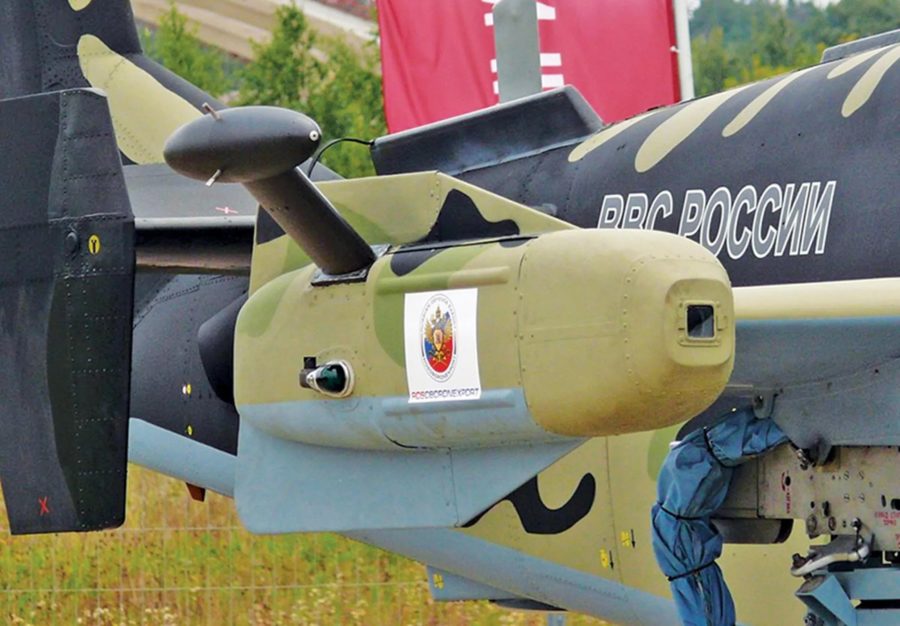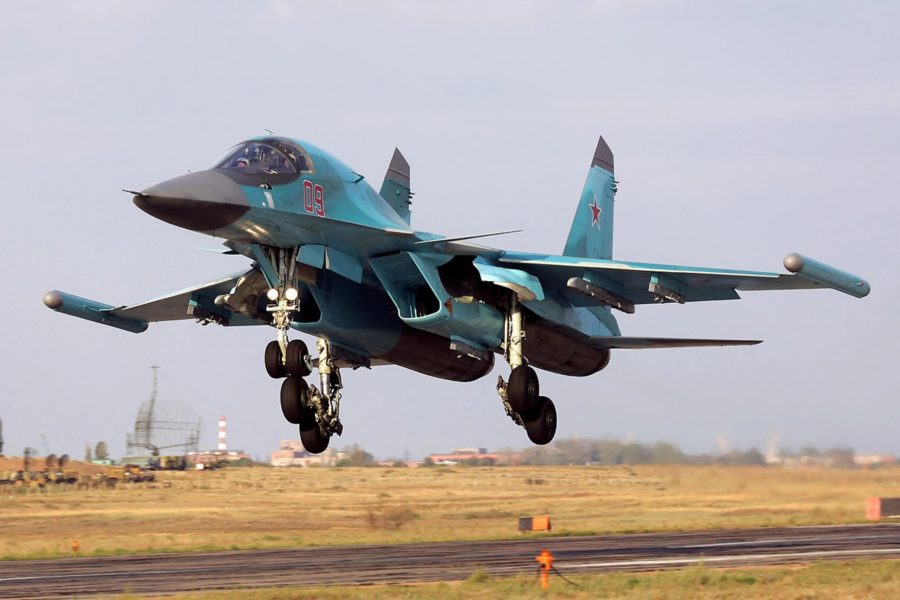Using its own subsidiaries, shell companies, and foreign intermediaries, Russia’s Rostec state-owned corporation purchases US-made components to produce electronic warfare equipment later used against Ukraine, according to an investigation by the Russian website Vazhnye Istorii. Rostec has been under US and EU sanctions since 2014.
In 2022 alone, the Saratov-based VMK company received $43 million worth of components from abroad, primarily from US companies Analog Devices, Xilinx, and Texas Instruments, and supplied the imported equipment to its sole buyer, Rostec’s subsidiary Concern Radio-Electronic Technologies (KRET), according to VI.
Sanctioned by the US since 2014, KRET is the largest player in Russia’s electronic warfare market. Russia spends 30-40 billion rubles ($420-560 million) annually on purchasing electronic warfare systems, according to Russian military expert Pavel Luzin.

To bypass sanctions, KRET’s subsidiary Radiopriborsnab registered another company with the same name at the same legal address in 2017, owned by the original Radiopriborsnab (49.9%), another KRET subsidiary (49.9%), and the company’s director (0.2%):
“Technically, this removes the second Radiopriborsnab from part of the sanctions — after all, none of the structures of KRET have a controlling stake in it. In 2022, the first Radiopriborsnab purchased almost 17 billion rubles worth of components from the second Radiopriborsnab. […] In 2022, the first Radiopriborsnab purchased almost 17 billion rubles worth of components from the second Radiopriborsnab,” VI wrote.

American regulators wouldn’t allow a company within the Russian defense complex to be recorded as the final buyer. Therefore, the second Radiopriborsnab’s business partners are companies formally not associated with KRET in any way. The largest of them is Testkomplekt, which imported $33 million worth of components into Russia in 2022 including those manufactured by US-based Analog Devices, Xilinx, and Texas Instruments, and supplied components worth 8.2 billion rubles ($114 million) to Radiopriborsnab in 2022.
“Another almost 4 billion rubles worth of components that went to Radiopriborsnab were supplied by two companies that also hold the same name, VMK. One is from Saratov, the other from Samara,” VI says.
Both VMKs don’t purchase the equipment directly from manufacturers but buy it from Hong Kong-based Tordan Industry Limited belonging to the Saratov VMK’s owner, and from Türkiye’s Turkik Union And Dijital Teknoloji. The latter is run by Mustafa Cankat Aitek, who also owns Turkik Union, which supplies Rostec, according to VI.
“Testkomplekt has many Chinese suppliers, including dozens of companies from both Hong Kong and mainland China. The largest of these is the Hong Kong-based United Electronics Group Company Limited, which is owned by a man named Yury Zhukov,” VI says.
Read also:
Ukraine finds components from at least 13 US companies in a single Iranian drone
US Treasury exposes network helping Russian military-industrial complex evade sanctions
Millions of Dutch chips end up in Russia despite EU sanctions – NOS/Nieuwsuur investigation
Western companies supplied components for Russian Orlan drones despite sanctions – media
70% of Russian war machine CEOs are still not under sanctions
More than 30 Western components found in Iranian-made Shahed-136 UAVs – investigation




